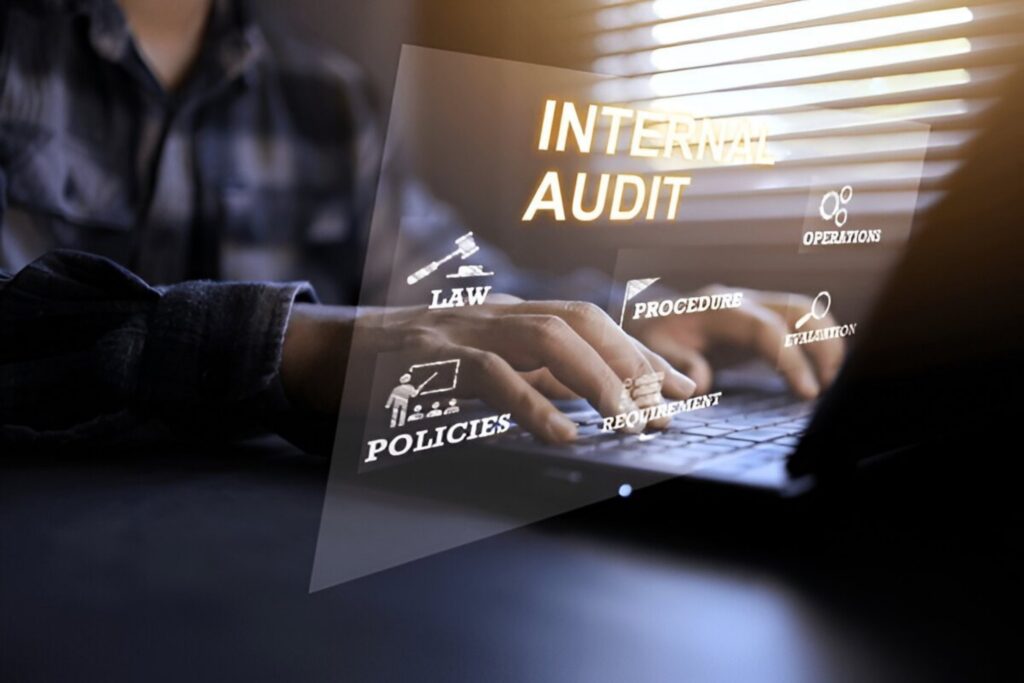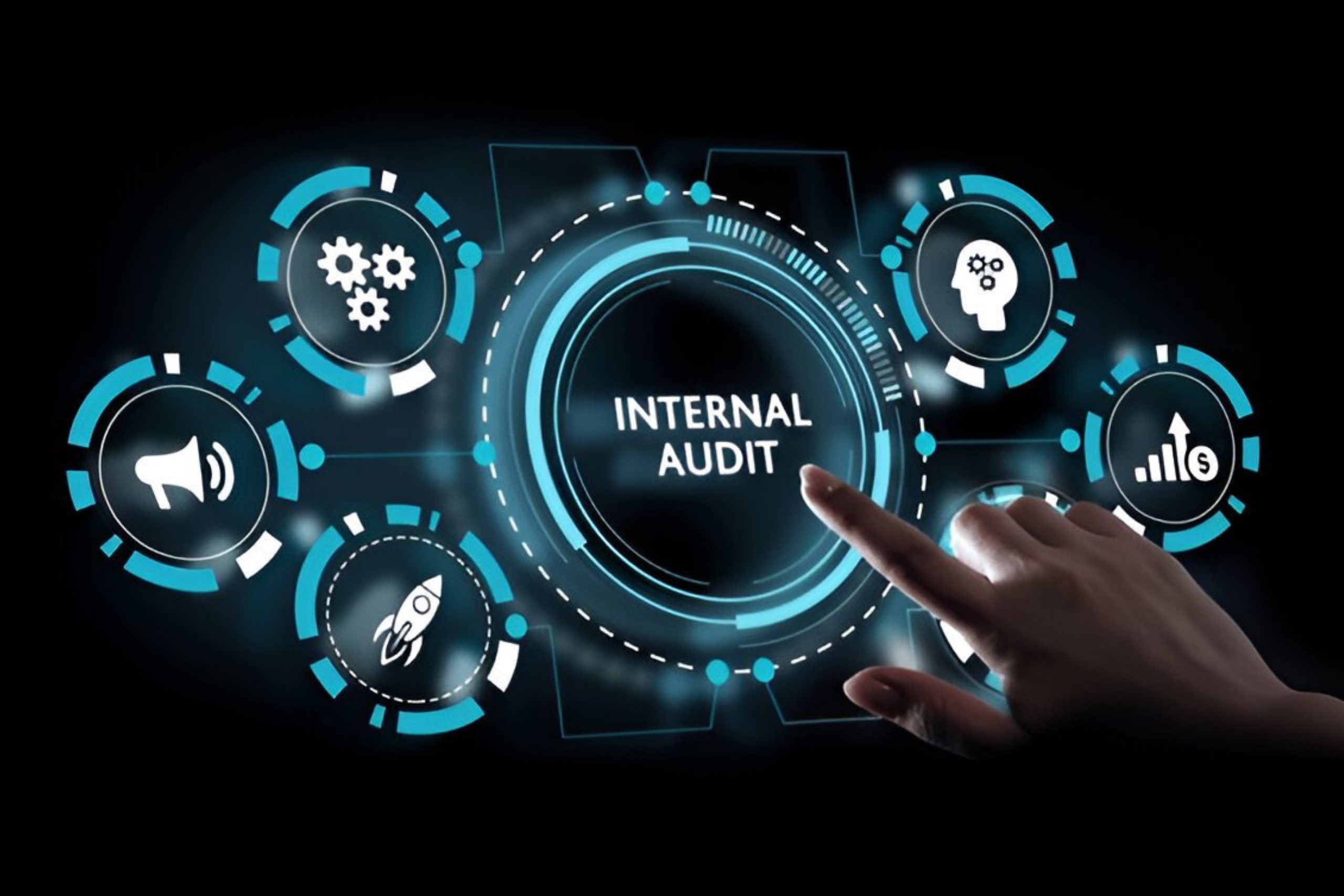In today’s fast-changing business environment, companies in the UAE face increasing regulatory requirements and market challenges. Internal audit plays a vital role in helping businesses maintain compliance, improve operations, and strengthen financial controls. It goes beyond reviewing numbers—it ensures that an organization is working efficiently and managing risks effectively.
1. Ensures Compliance with UAE Regulations
With VAT, Corporate Tax, and ESR (Economic Substance Regulations), compliance has become a top priority. Internal audits help businesses stay updated and avoid costly penalties.
2. Identifies and Prevents Fraud
Internal auditors examine financial records, processes, and internal controls to detect irregularities. Early identification of risks prevents fraud and safeguards company assets.
3. Improves Operational Efficiency
An internal audit reviews workflows and highlights areas of inefficiency. Businesses can reduce unnecessary costs, improve resource management, and enhance productivity.
4. Strengthens Risk Management
UAE businesses face risks such as market volatility, regulatory changes, and financial mismanagement. Internal audits provide valuable risk assessments and recommend preventive measures.
5. Builds Investor and Stakeholder Confidence
Transparent internal audit practices give investors, banks, and stakeholders confidence in the company’s financial health, improving opportunities for funding and growth.
6. Supports Long-Term Growth
By identifying gaps in processes and ensuring accurate reporting, internal audits provide insights that help management make better strategic decisions for sustainable growth.

Conclusion
Internal audit is not just a compliance activity—it is a powerful tool that adds value, enhances trust, and strengthens the foundation of any UAE business. Companies that invest in regular internal audits are better prepared for risks and more likely to achieve long-term success.
FAQs on Internal Audit for UAE Businesses
Q1: Is internal audit mandatory for companies in the UAE?
Internal audit is not always legally mandatory, but it is highly recommended for businesses seeking to strengthen controls, ensure compliance, and attract investors.
Q2: How is internal audit different from external audit?
Internal audit focuses on evaluating internal processes, risks, and operations, while external audit validates financial statements for compliance and accuracy.
Q3: How often should UAE businesses conduct internal audits?
Best practice is to conduct internal audits at least once a year, but larger businesses may benefit from quarterly or semi-annual audits.
Q4: Can internal audit help with tax compliance in the UAE?
Yes. Internal audits review VAT and corporate tax processes, ensuring accurate reporting and reducing the risk of fines from regulatory authorities.
Q5: What types of businesses in the UAE need internal audits most?
All companies benefit, but large corporations, SMEs seeking investors, and regulated industries (banking, healthcare, real estate) need them the most.



Social Profiles